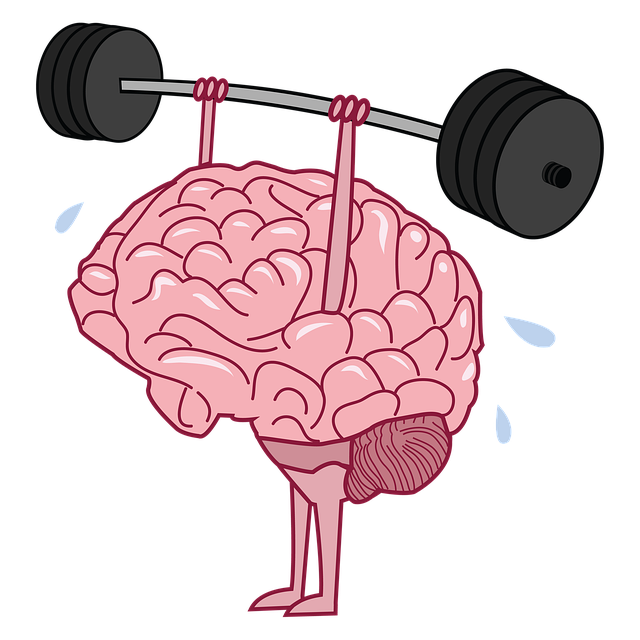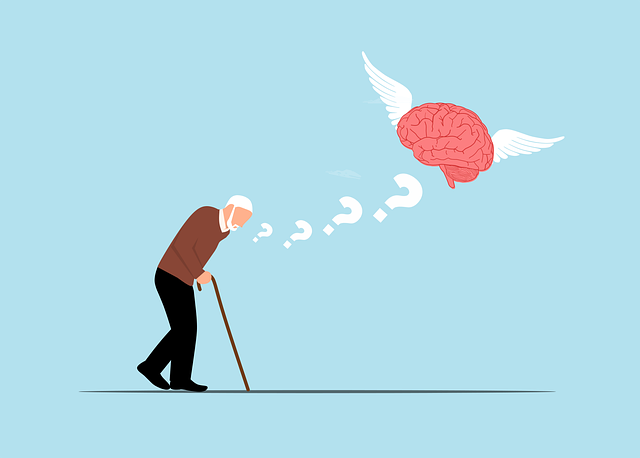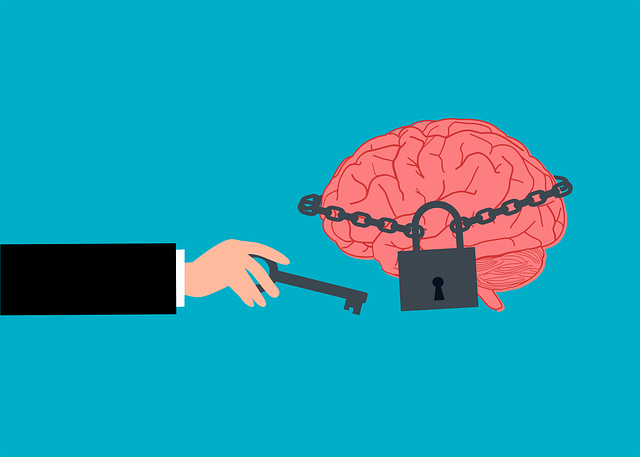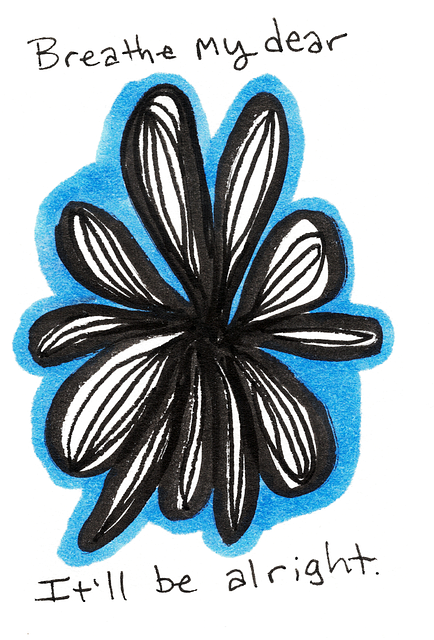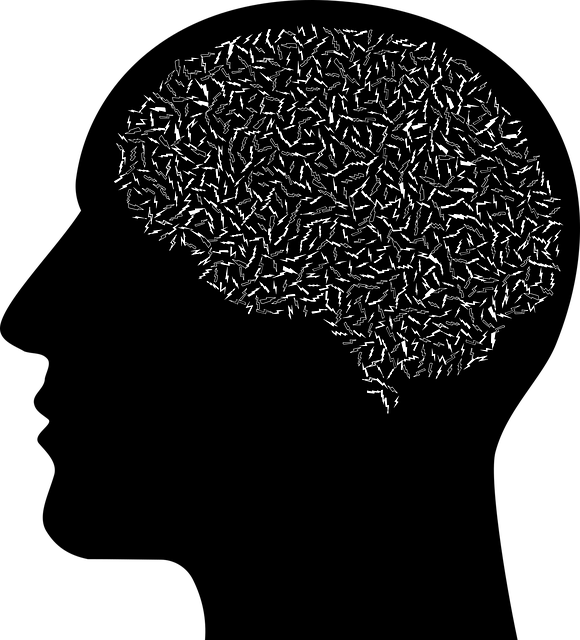Adult veterans face unique stress-related challenges due to military experiences, including trauma and intense physical/mental demands. Effective workshops tailored for them, focusing on mental health policy analysis, advocacy, TF-CBT, and other military-specific therapy techniques, empower veterans with tools for emotional regulation, overcoming post-service challenges, and thriving. Supportive environments, peer support networks, mindfulness activities, and trained facilitators enhance the success of these workshops. Long-term follow-up strategies, such as personalized coaching, peer support, digital check-ins, and continuous assessment, reinforce coping mechanisms and ensure sustainable mental health progress for adult veterans.
Stress management workshops tailored for adult veterans play a crucial role in addressing their unique mental health challenges. These sessions provide a safe space for veterans to process trauma, anxiety, and post-traumatic stress disorder (PTSD). By understanding the specific stressors faced by this demographic, organizers can design effective workshops incorporating evidence-based practices such as mindfulness, cognitive behavioral therapy, and peer support. A supportive environment fostering camaraderie enhances the therapeutic impact, offering long-term benefits for veterans seeking effective therapy.
- Understanding Adult Veteran Stress and Its Unique Challenges
- Designing Effective Stress Management Workshops
- Creating a Supportive Environment for Veterans
- Post-Workshop Follow-Up Strategies for Long-Term Success
Understanding Adult Veteran Stress and Its Unique Challenges

Adult veterans face distinct stress-related challenges due to their unique experiences. Military service exposes them to high-pressure situations, trauma, and intense physical and mental demands, which can have lasting effects on their mental health. Unlike civilian stressors, these experiences often lead to complex psychological responses that require specialized therapy for adult veterans.
The journey back to civilian life presents a new set of obstacles, as veterans must navigate transitioning from a structured military environment to a more unpredictable civilian one. This transition can trigger feelings of anxiety and depression due to the loss of camaraderie and purpose. Effective stress management workshops tailored for veterans must consider these complexities. By addressing mental health policy analysis and advocacy, these programs can empower veterans with tools for emotional regulation, helping them overcome challenges and thrive in their post-service lives.
Designing Effective Stress Management Workshops

Effective stress management workshops for adult veterans should incorporate tailored strategies that address unique challenges faced by this demographic. Incorporating therapy techniques specific to military service, such as trauma-focused cognitive behavioral therapy (TF-CBT), can help reduce symptoms of PTSD and other mental health issues prevalent among veterans. These sessions should also promote peer support networks, fostering a sense of community and understanding among participants who share similar experiences.
Beyond individual therapy, workshops should focus on mental illness stigma reduction efforts by educating attendees about the nature of mental health conditions and promoting compassionate, non-judgmental environments. Incorporating activities that encourage mindfulness, relaxation techniques, and healthy coping strategies can empower veterans with tools to manage their mood effectively. Engaging facilitators who are themselves veterans or have experience in veteran support services can enhance trust and engagement within the workshop setting, ultimately contributing to more successful mental health policy analysis and advocacy initiatives for this population.
Creating a Supportive Environment for Veterans

Creating a supportive environment is paramount when organizing stress management workshops for veterans. Many veterans face unique challenges related to their military experiences, and these can significantly impact their mental health and overall well-being. A successful workshop should prioritize an atmosphere of understanding and empathy, where participants feel safe to share their stories and struggles without judgment. This can be fostered by ensuring facilitators are trained in trauma-informed care practices, encouraging peer support among veterans, and incorporating activities that promote camaraderie and connection.
Offering tailored therapy for adult veterans is essential in addressing specific mental health concerns like depression prevention. Incorporating techniques such as Mental Wellness Journaling Exercise Guidance can provide participants with tools to process emotions, track progress, and cultivate resilience. By integrating these exercises alongside broader stress management strategies, workshops can contribute to raising mental health awareness among veteran communities, ultimately enhancing their ability to navigate life’s challenges effectively.
Post-Workshop Follow-Up Strategies for Long-Term Success

After facilitating stress management workshops for Adult Veterans, implementing robust post-workshop follow-up strategies is paramount to ensure long-term success in their mental health journeys. This could involve personalized coaching sessions where therapists help veterans apply learned techniques to real-life situations, offering ongoing support and accountability. Additionally, establishing veteran-led peer support networks can foster a sense of community, enabling them to share experiences and reinforce positive changes.
Regular check-ins, accessible through digital platforms or in-person meetings, allow for continuous assessment and tailored interventions. These follow-up strategies not only reinforce self-esteem improvement but also serve as potent tools for depression prevention, integrating the learned coping mechanisms into their daily routines and fostering resilience.
Stress management workshops tailored for adult veterans can significantly improve their mental health and overall well-being. By addressing the unique challenges faced by this demographic, these sessions offer a powerful tool in their journey towards resilience. Through evidence-based practices, a supportive environment, and ongoing follow-up strategies, veterans can develop effective coping mechanisms that enhance their quality of life. Implementing such workshops is a proactive step towards providing much-needed therapy for adult veterans, fostering a sense of community, and empowering them to navigate life’s stresses with greater ease.
